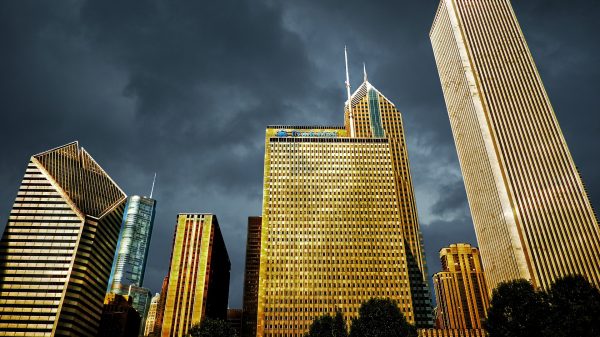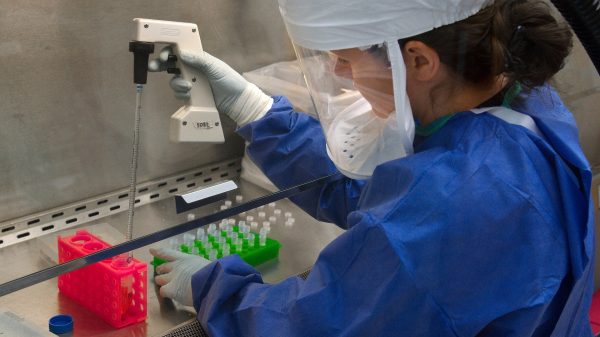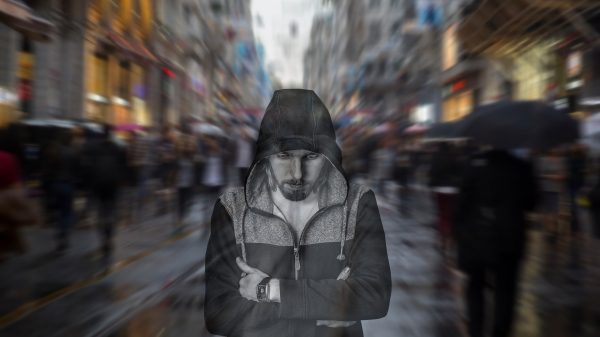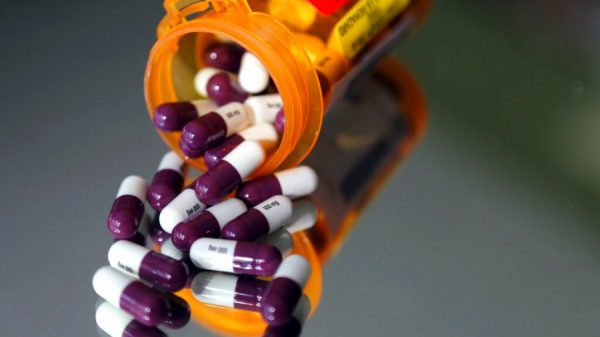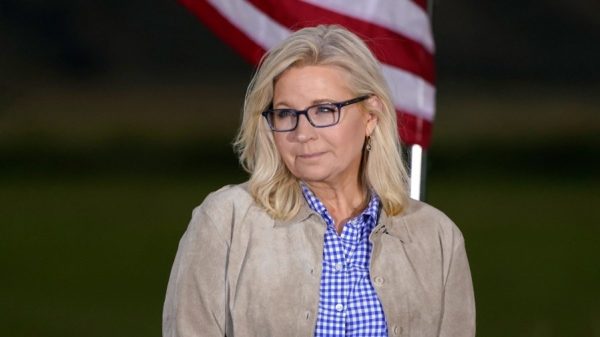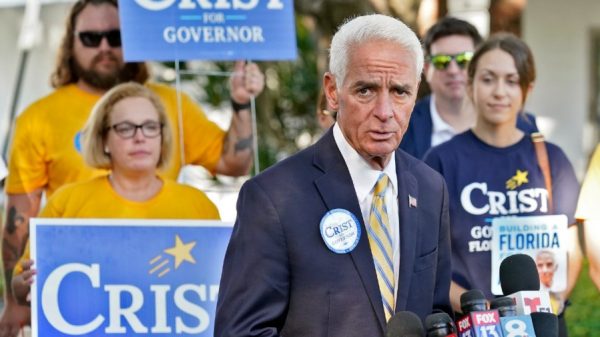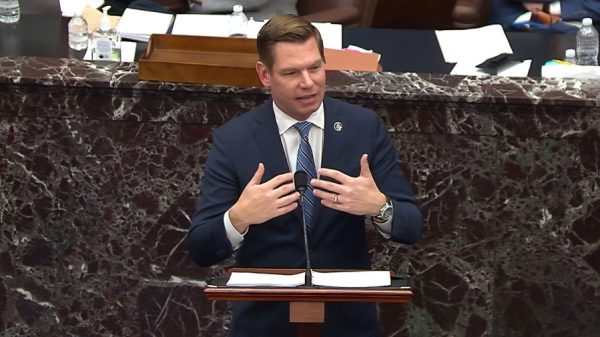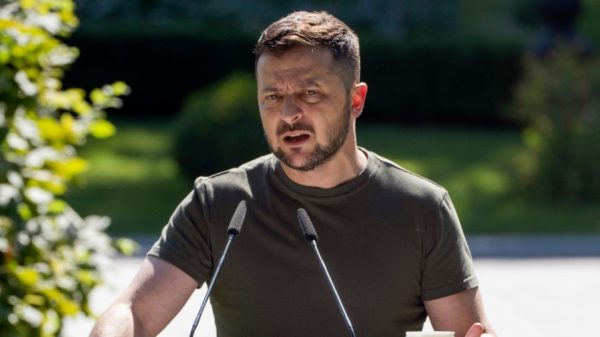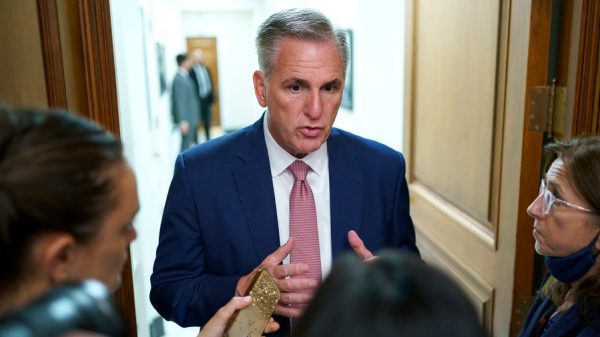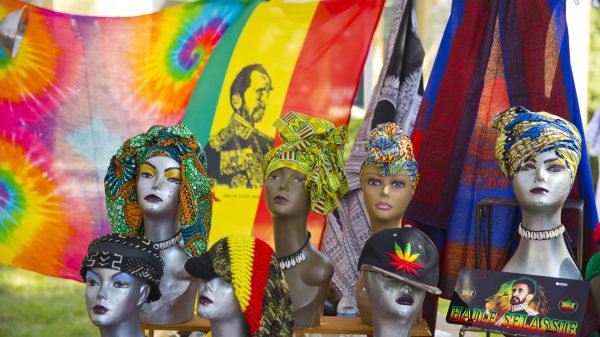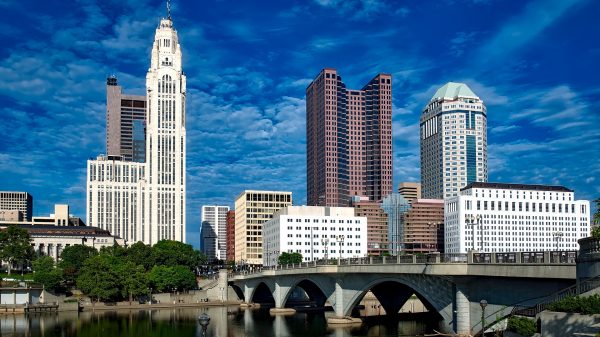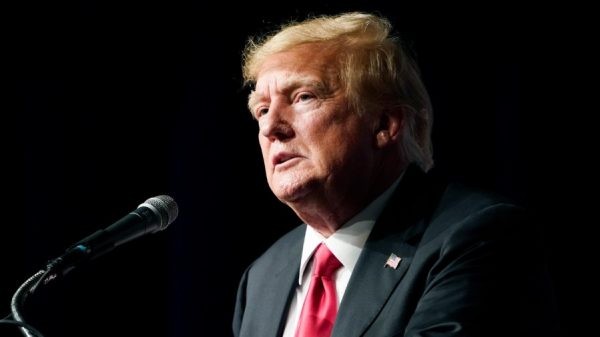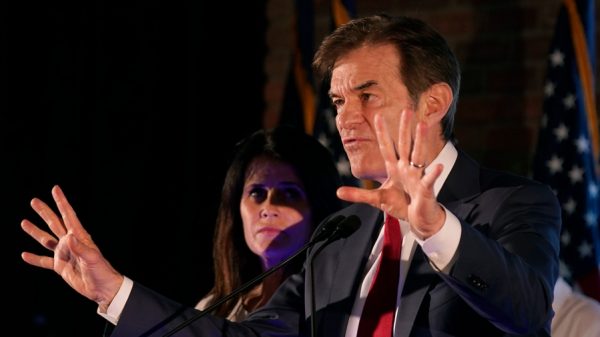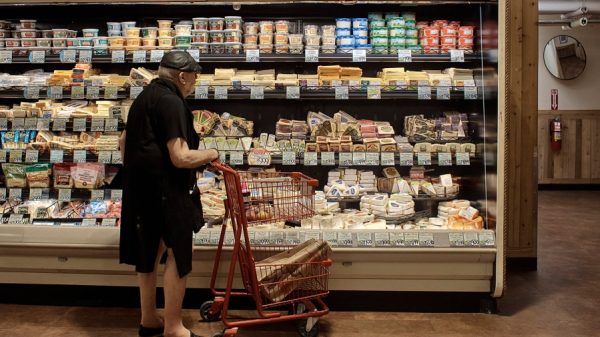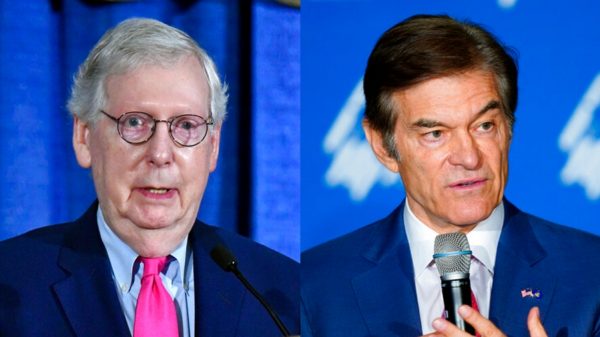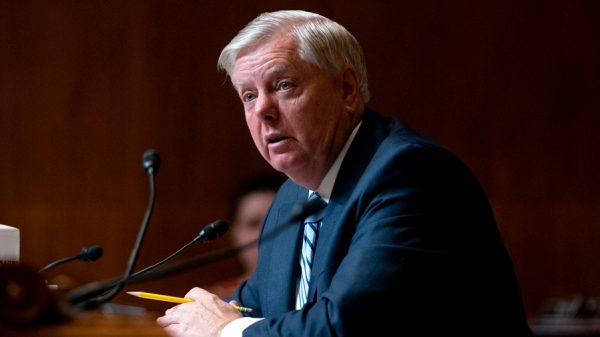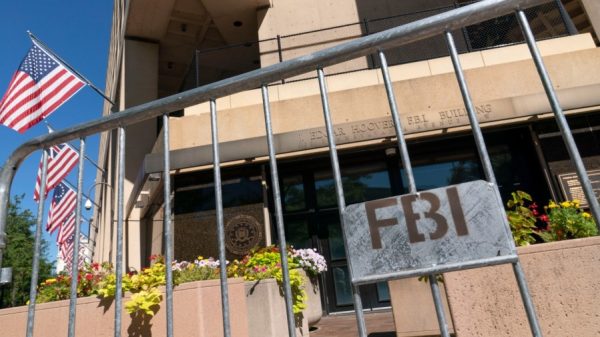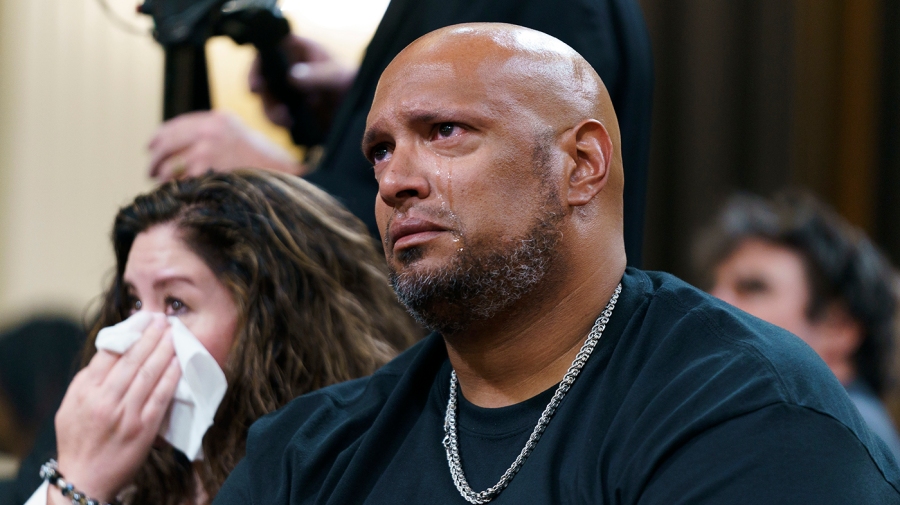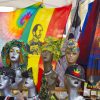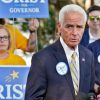For seven weeks, Harry Dunn sat in the same seat before the House Select Committee on the Jan. 6 Attack.
Cameras pointed in his direction snapped photos of his every reaction as details of the insurrection were shared with the public.
Dunn looked on, not paying the photographers any mind. He was there for one reason: to hear the truth.
Dunn, who is Black, was thrown into the spotlight in the weeks following the attack.
The Capitol Police officer’s testimony before Congress detailed the horrors he faced on Jan. 6, 2021, from facing down the mob’s deluge of racial hatred to wondering if he’d make it home alive that night.
“What people have to realize is that I’m not only a police officer, but I’m a victim,” Dunn told The Hill. “I’m an American citizen who cares about this country and wants to see it do right. I’m a patriot. I’m a voter. I’m a taxpaying citizen. This is my country and I deserve to know the truth and make sure this doesn’t happen again.”
As Congress prepares to reconvene in September, Dunn said he’ll be back in the chamber to watch, listen and wait for that truth as the Jan. 6 panel heads toward its conclusion.
An imposing figure standing at 6 foot 7, Dunn, 38, speaks passionately but kindly. He’s unafraid to share his opinion and occasionally, when especially fired up, he’ll let a swear word slip. But he’s also quick to laugh and keep things lighthearted.
After working as a club bouncer and security officer, Dunn began his career with the U.S. Capitol Police nearly 15 years ago — a surprising move for someone who didn’t know much about politics.
“I wasn’t a big follower of politics,” Dunn said. “I didn’t know what the certification of an election was and all that stuff when I first started. As I got older and went along in making this my career, I started learning more.”
He’d never imagined something like Jan. 6 would happen, something he admits with an incredulous laugh.
Dunn was no stranger to protest, as handling them was just part of a Capitol Police officer’s job
But he’d never had to fear for his life at one before.
“While it was going on, [officers] were thinking about survival, and keeping everybody else safe and doing our job effectively,” he said. “I wasn’t focused on politics.”
Dunn was wearing a steel chest plate weighing about 20 pounds and carrying an M-4 rifle during the attack. But in an interview with The New York Times, he recalled how being armed almost didn’t matter.
“I got my gun pointed at these guys, and I can’t concentrate on one person,” Dunn said. “But 100 people could concentrate on me. And they could take me out right here on this stage. How long is it before I get shot?”
It wasn’t just the sense of physical harm that hovered over Dunn’s mind. He and other police also had to face down unbridled racism.
In his testimony before Congress, Dunn said he had never been called the N-word while wearing his Capitol Police uniform. That changed on Jan. 6.
When Dunn told people in the mob that he had voted for Joe Biden, he said a “torrent” of racial epithets rained down.
“One woman in a pink ‘MAGA’ shirt yelled, ‘You hear that, guys, this n—– voted for Joe Biden,’” Dunn testified. “Then the crowd, perhaps around twenty people, joined in, screaming ‘Boo! Fucking n—–!’”
He went on to recount how, in the following days, he heard similar stories from other Black officers, including one who told Dunn that in his 40 years of life he had never been called the N-word to his face until Jan. 6.
Some members of the crowd carried “Blue Lives Matter” flags and told Dunn they “didn’t want to hurt” him. They claimed they were actually there to support him and his fellow officers.
“I don’t think their objective was to hurt police officers, but they knew that we would be trying to stop them from their ultimate goal and we were in their way,” Dunn told The Hill. “We were collateral damage.”
It’s these memories that have resurfaced for Dunn over the last few months as he watched the Jan. 6 committee investigate the attack.
Dunn has sat in the same seat at every hearing to serve as “a reminder to [the committee] that my job is to hold them accountable, to get justice, to get the truth about what happened that day and make sure that it doesn’t happen again.”
“It’s never easy hearing f—ed-up things that happened to you,” Dunn added. “But it’s necessary.”
The hearings have been a “vindicating” experience for Dunn, who said he knew many of the details, like Trump’s alleged confrontation with Secret Service officers in an SUV, before they became public based on what he saw and heard from his fellow officers.
For details he didn’t know — such as Trump watching his supporters’ violence from inside the White House — Dunn said he wasn’t surprised, but it still felt like a “betrayal … knowing that this person, whose job is to protect you and protect this country, just sat by.”
Dunn commended media outlets for broadcasting and reporting the hearings and keeping the public informed but said he’s now looking toward what the repercussions of those details could be.
“The Jan. 6 committee is doing a fantastic job of just laying out facts,” said Dunn, who wants to see some of those involved in the attack behind bars. “They’re laying out everything that the former president did and I think it’s laying a roadmap for the Justice Department to go forward with.”
Since sharing his experience with the Jan. 6 committee, Dunn has become something of a celebrity. He has more than 141,000 followers on Twitter. His feed is interspersed with moments of levity and inspiring quotes. He tweets about the investigation, speaks out against police brutality and advocates for mental health awareness and treatment. His tweets receive anywhere from a few hundred to several thousand likes and retweets.
While a hero to his supporters, he has also come under attack. Fox News anchor Tucker Carlson called Dunn an “angry left-wing political activist.”
Dunn is dismissive of such criticism and says he’s not concerned with his critics.
“I am angry. I am left-wing because I’m a registered Democrat, and if an activist is somebody who brings about attention to change then … I’ll be that,” he said.
Dunn has never wavered in his commitment to the police force. To him, remaining on the job is the ultimate win against the insurrectionists.
“I believe what I’m doing is right and what I did is right,” said Dunn. “I’m not being persuaded into quitting or stepping down because they felt a certain kind of way. I’m not letting them win.”
Dunn added he’s focused on speaking his truth and the “humbling” support he receives from hundreds of others every day.
“I know what it’s like for individuals to feel like they don’t have a voice,” he said. “If my message, my voice, my fight, inspires them, I’m more than honored to continue to keep doing it.”



